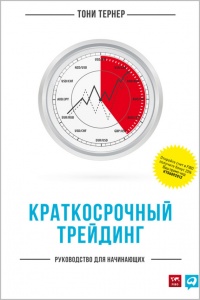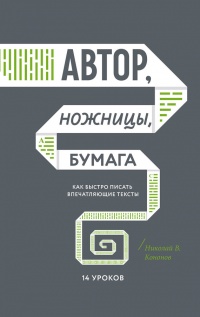Книга Пожалейте читателя. Как писать хорошо - Курт Воннегут
Читать книгу Пожалейте читателя. Как писать хорошо - Курт Воннегут полностью.
Шрифт:
-
+
Интервал:
-
+
Закладка:
Сделать
Перейти на страницу:
Перейти на страницу:
Книги схожие с книгой «Пожалейте читателя. Как писать хорошо - Курт Воннегут» от автора - Сьюзен Макконнелл, Курт Воннегут:
Комментарии и отзывы (0) к книге "Пожалейте читателя. Как писать хорошо - Курт Воннегут"








